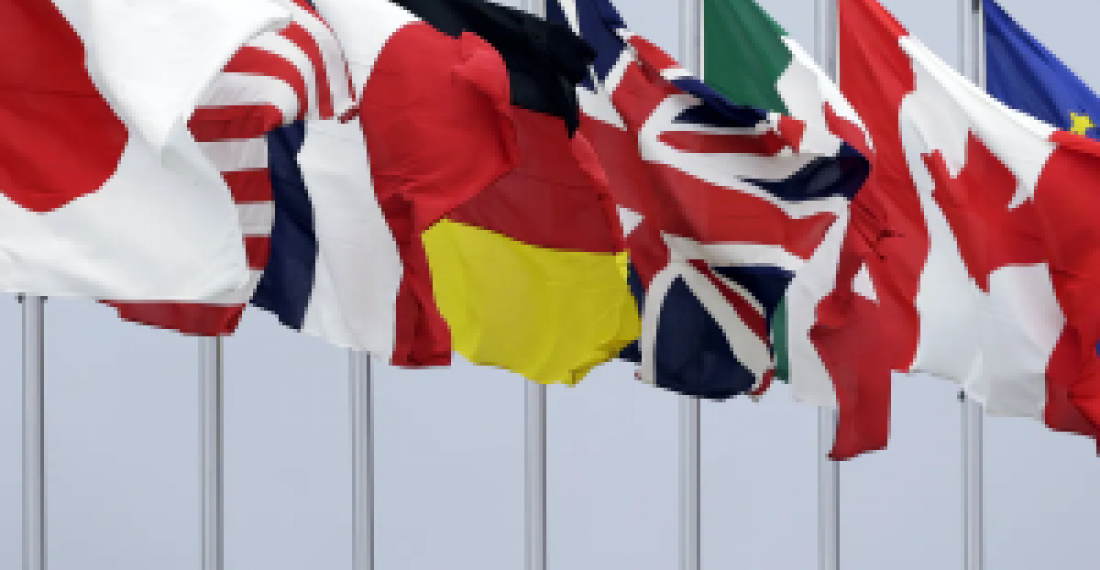Over the last 24 hours, there have been myriad statements made by national leaders and representatives from international organisations condemning the outbreak of military hostilities in Nagorno Karabakh and urging the parties to return to the negotiating table. This article by William Murray, summarises a number of these statements, as well as those that have come out in support of one or other of the sides.
A statement yesterday evening by James Appathurai, the NATO Secretary General's Special Representative for the Caucasus and Central Asia, referred to the hostilities in the conflict zone as deeply concerning, highlighting civilian casualties, and throwing support behind the OSCE Minsk Group-mediated peace negotiations:
'There is no military solution to this conflict. The parties should resume negotiations towards a peaceful resolution. NATO supports the efforts of the OSCE Minsk Group.'
A statement by the US State Department included similar sentiments, condemning the escalation of violence in 'the strongest terms' and noting that the department's Deputy Secretary, Stephen Biegun, had called the foreign ministers of both Armenia and Azerbaijan to 'urge both sides to cease hostilities immediately, to use the existing direct communication links between them to avoid further escalation, and to avoid unhelpful rhetoric and actions that further raise tensions on the ground'. Separate comments by President Donald Trump expressed that the situation was being looked at 'very strongly' and that the US would try to use its good relationships in the area to try to stop hostilities.
Meanwhile in Russia, Maria Zakharova, spokesperson for the Ministry of Foreign Affairs, reported that Russian Foreign Minister Sergei Lavrov was 'conducting intensive contacts in a bid to encourage the sides to cease fire and begin negotiations to stabilise the situation'. Russian President Vladimir Putin is said to have spoken in the phone to Armenian Prime Minister Nikol Pashinyan shortly after the outbreak of conflict, to warn against further escalations of violence and urging against military confrontation.
In Europe, French President Emmanuel Macron has spoken separately to the leaders of both Armenia and Azerbaijan, expressing concern over the clashes and emphasising that the problem should be resolved through negotiations. A statement by a spokesperson from the French Foreign Ministry confirmed that 'France is extremely concerned by the confrontation'. There have also been comments by Dutch, German and Italian officials calling for an immediate ceasefire, while the Pope from the Vatican has urged leaders to find a solution 'not through the use of force and arms, but through the means of dialogue and negotiation'.
Whilst the majority of statements from the international community have expressed similar sentiments, certain actors have deviated from this line. The leadership of Turkey has come out unequivocally behind Azerbaijan, with President Recep Tayyip Erdogan pledging his 'full support' to Baku and calling on 'the entire world to stand with Azerbaijan in their battle against invasion and cruelty'. Pakistan has also come out in support of Azerbaijan, with an unambiguous statement from its foreign ministry saying, 'Pakistan stands with the brotherly nation of Azerbaijan and supports its right of self-defence.'
On the other side, a statement by Luis Almagro, Secretary General of the Organization of American States, called on Azerbaijan to 'immediately cease hostilities', urged foreign powers not to intervene in the armed conflict, and expressed his organisation's 'full support for the people of Nagorno Karabakh'.
related content: First response from the international community on fighting in Karabakh
source: commonspace.eu with additional reporting from agencies






